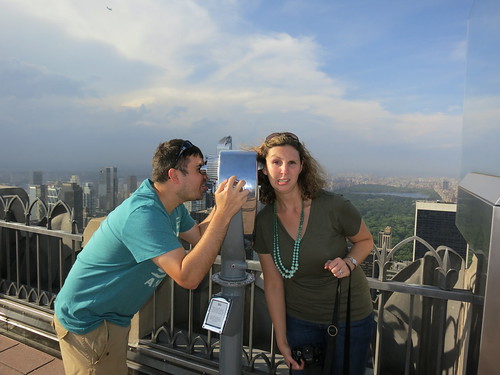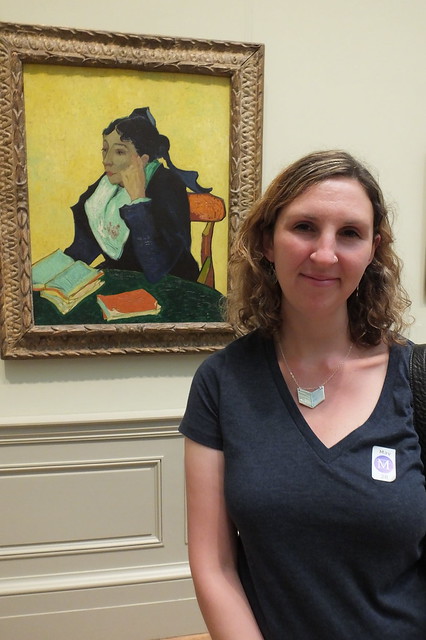"The Dead Duke, His Secret Wife and the Missing Corpse: An Extraordinary Edwardian Case of Deception and Intrigue" by Piu Marie Eatwell
First published in the U.S. in 2015
300 pages plus bibliography
My rating: 3.5 out of 5
Image from Goodreads
The Short Of It:"The Dead Duke" was an interesting and readable non-fiction tale. It fell a bit flat for me in the end, but I did enjoy learning about this strange story from early 20th century England.
The Long Of It:I'm trying to read more non-fiction, and I'm always drawn to non-fiction picks that read like novels. That's what Eatwell aspires to here, with her book detailing an odd case that captivated the British public in the late 1800s and early 1900s, though her work is not in the realm of masters of the craft like Laura Hillenbrand ("Seabiscuit," "Unbroken") and Erik Larson ("The Devil in the White City").
The 5th Duke of Portland was a notoriously eccentric individual. He earned the nickname "the burrowing duke" after constructing a warren of tunnels and underground rooms beneath Welbeck Abbey, his countryside estate. He never married, shied away from the public eye and had all sorts of quirky habits.
After his death, a woman named Anna Maria Druce started what would be a decade-long courtroom drama/media circus when she claimed the mysterious duke had led a double life as the wealthy merchant T.C. Druce, her father-in-law (whom she never met). Since the duke had no heir, the dukedom passed onto a distant relation upon his death, but if Anna Maria's claim was true her son stood to inherit the dukedom.
There were some uncanny similarities between the duke and T.C. Druce, enough to convince many people that Anna Maria's claim was valid -- or at least deserving of further investigation. Ultimately, we do learn whether the duke and Druce were the same man, but it turned out there were many more complexities to the Druce saga than anyone could've imagined.
I liked learning about the unusual personages of the duke and T.C. Druce (who turns out to have been kind of an asshole), but the story sometimes got bogged down with random characters and events not particularly central to the plot. I did learn some things about Victorian-era journalism, policework, the lives of the wealthy, and the ridiculous gender inequality of the day.
While the mystery -- had the unmarried duke in fact led a double life as a furniture salesman with a wife and a brood of children? -- kept my interest, the writing was a bit dull and plodding at times. And the text was terribly typo-ridden. The biggest bummer of all, though, was that I kept expecting a big, shocking revelation but it never really came, and I was left feeling the book was a little pointless.
I think Eatwell was trying to showcase everyone
around the bizarre case -- the police, the journalists, the lying lawyers, the mentally ill witnesses, the desperate fortune-seekers -- more than the case itself, but the title of the book led me to believe otherwise. There is indeed a dead duke, but as for "secret wife" and "missing corpse" -- ehh, not exactly in the way you'd think.
All that said, I'm still glad I read the book. For one thing, it's beautifully laid out with lovely chapter headings, quotes, photos and a family tree. I also liked that it forces the reader to consider the vast changes to our daily lives over the past 100 years; for instance, it would be far more difficult for someone to lead a double life in the 21st century than it was before phones, the internet and photographs became things we take for granted. And, though I was a little disappointed in the way the duke's story turned out, I definitely absorbed some interesting historical tidbits along the way and learned about a truly strange incident in British history.

























































